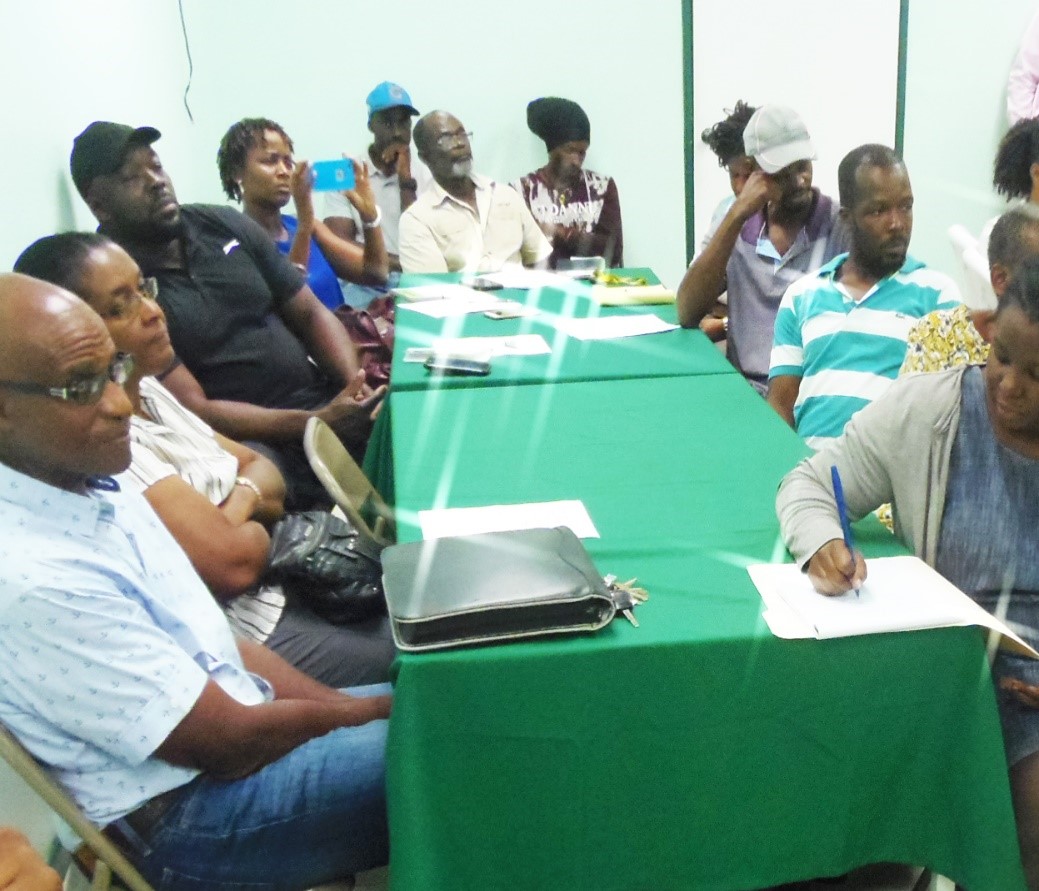Details of the various aspects of governance of the beekeepers were reviewed to determine whether they were in keeping with the acceptable protocols as determined by an Organizational Capacity Assessment Tool specially developed for this purpose.

St George, 29 June 2020 (IICA) – The Inter-American Institute for Cooperation on Agriculture (IICA) and the Food and Agriculture Organization of the United Nations (FAO) collaborated and supported strengthening of the governance of the beekeepers in Grenada to build capacity of farmers’ organizations and that the services provided will contribute to the reduction of rural poverty and enable inclusive and efficient agricultural and food systems.
Details of the various aspects of governance of the beekeepers were reviewed to determine whether they were in keeping with the acceptable protocols as determined by an Organizational Capacity Assessment Tool specially developed for this purpose.
The Grenada Association of Beekeepers (GAB) has been in abeyance for a few years and has only recently decided to resuscitate itself with support from the Ministry of Agriculture and Lands (MOAL) and IICA. This collaborative effort between the FAO and IICA to strengthen the governance capacity of the GAB was welcomed and recognized as very timely.
On the matter of participatory leadership style, the members intimated that this was a major issue and the most sensitive of all which must be adequately addressed in the GAB if it is to continue as an organization.
The members of the executive of the GAB participated in the Governance Assessment of their organization through the Zoom platform.
This activity was facilitated by Allister Glean, International Specialist in Agribusiness and Value Chains of IICA and Derek Charles, National Specialist of the IICA Grenada Delegation. Rena Noel, focal point for the development of the beekeepers at the MOAL; and Michael Church Jr, national correspondent for the FAO in the MOAL; also participated.
The consensus among the GAB executive members was that there was need for improvement on a fairly wide scale.
The information gathered from the assessment will be analysed and the recommendations prioritized based on their urgency to assist both IICA and the FAO in planning subsequent capacity strengthening interventions for the beekeepers in Grenada.
For more information contact
Derek Charles, National Specialist of the IICA Grenada Delegation
derek.charles@iica.int











